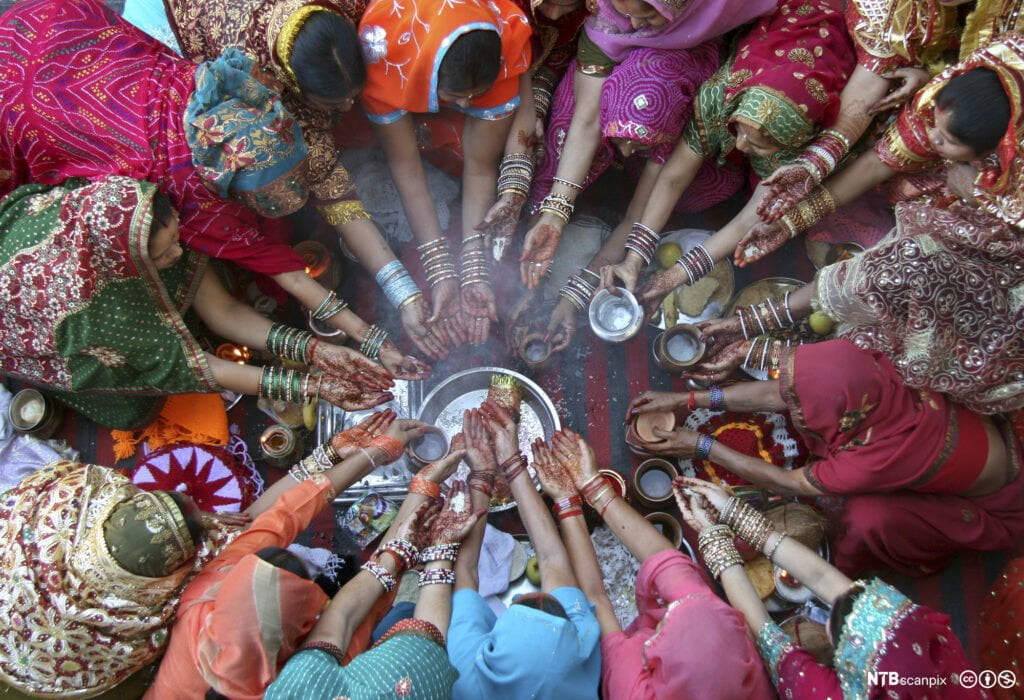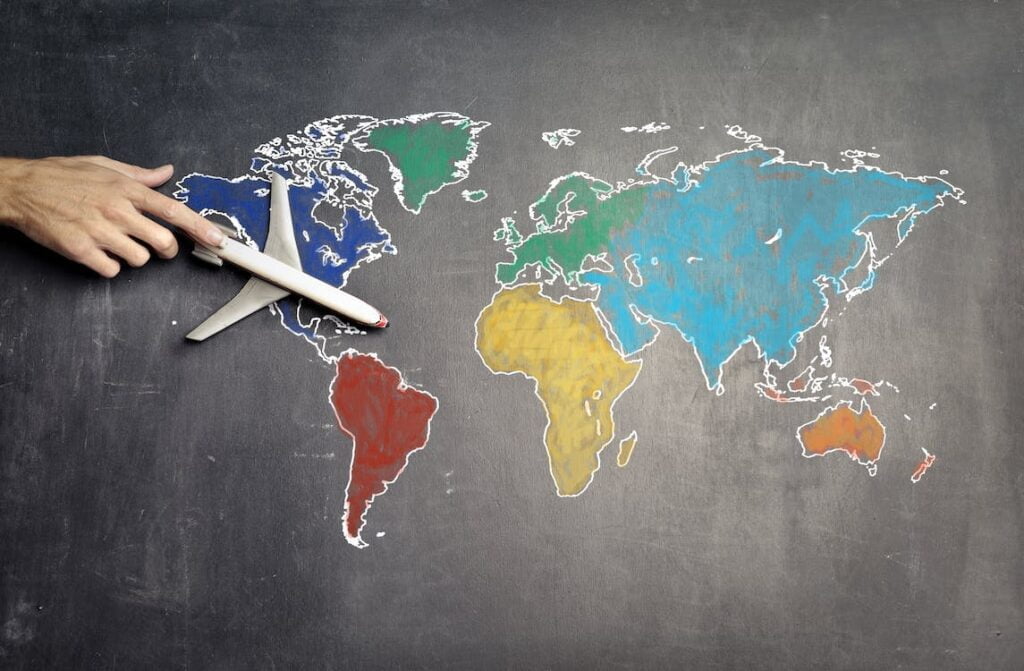Chocolate is a beloved treat that has been consumed for centuries, but its impact on cultural celebrations has become increasingly global in recent years. From Valentine’s Day to Easter, Halloween to Christmas, chocolate is a staple in many festivals worldwide. In this article, we explore how chocolate has influenced and been influenced by cultural festivals and how globalization has impacted the chocolate industry.
Chocolate and Cultural Celebrations
Chocolate has become an essential part of many cultural celebrations around the world. In the United States, for example, chocolate is an integral part of Valentine’s Day, where it is given as a gift to express love and appreciation. Similarly, children go trick-or-treating during Halloween and receive chocolate as part of their haul. In Mexico, chocolate is a crucial ingredient in the traditional Mole sauce, often served during festivals such as weddings and Christmas.
In many cultures, chocolate is also associated with religious celebrations. For example, chocolate is often consumed in Catholicism during Lent and Easter, with chocolate Easter eggs being a popular treat in many countries. In the Jewish tradition, chocolate is a part of the Passover Seder, with chocolate-covered matzo being a popular dessert.

The Impact of Globalization
Globalization has significantly impacted the chocolate industry, leading to changes in production, consumption, and cultural practices. The availability of cheap labor in developing countries has led to the globalization of the chocolate industry, with many companies sourcing their cocoa from Africa and South America. This has led to concerns about child labor and exploitation in the cocoa industry, with many organizations calling for greater accountability and transparency.
In addition to changing the production and consumption of chocolate, globalization has also influenced cultural practices around chocolate. For example, the popularity of Halloween and Valentine’s Day has spread from the United States to other countries, leading to an increase in the demand for chocolate. This has also led to development of new chocolate products specifically designed for these celebrations, such as heart-shaped chocolate boxes for Valentine’s Day.

Sustainable Chocolate Production
The impact of globalization on the chocolate industry has led to concerns about sustainability and ethical production. Many companies have begun focusing on sustainable cocoa production, with many farmers transitioning to more sustainable farming practices. This includes using shade-grown cocoa, which can help preserve biodiversity and provide a habitat for wildlife.
In addition to promoting sustainable cocoa production, some companies are also working to improve the livelihoods of cocoa farmers. This includes providing training and resources to help farmers increase their yields, improve the quality of their cocoa beans, and pay fair prices.
Conclusion
Chocolate has significantly impacted cultural celebrations worldwide, and globalization has only served to increase its influence. However, as the chocolate industry continues to grow, we must remain mindful of its impact on the environment and the lives of the people who produce it. By promoting sustainable cocoa production and ethical practices, we can help ensure that chocolate remains a beloved treat for generations.
FAQ’s
Q: What are some cultural celebrations where chocolate is commonly consumed?
A: Chocolate is a popular treat during many cultural celebrations worldwide, including Valentine’s Day, Easter, Halloween, and Christmas. In some cultures, chocolate is associated with religious festivals, such as during Lent and the Passover Seder.
Q: How has globalization impacted the chocolate industry?
A: Globalization has led to changes in the production and consumption of chocolate, with many companies sourcing their cocoa from developing countries. This has raised concerns about child labor and exploitation in the cocoa industry, leading to a focus on sustainable cocoa production and ethical practices.
Q: What is sustainable cocoa production?
A: Sustainable cocoa production involves farming practices that are environmentally and socially responsible. This includes using shade-grown cocoa, which can help preserve biodiversity and provide a habitat for wildlife. Some companies also work to improve the livelihoods of cocoa farmers by providing training and resources to increase yields and pay fair prices for their cocoa.
Q: Why is it important to be mindful of the impact of chocolate production on the environment and people?
A: As the chocolate industry continues to grow, it is essential to ensure that it is sustainable and ethical. This helps to protect the environment and ensure that the people who produce chocolate are treated fairly. By promoting sustainable cocoa production and ethical practices, we can help ensure that chocolate remains a beloved treat for generations.
